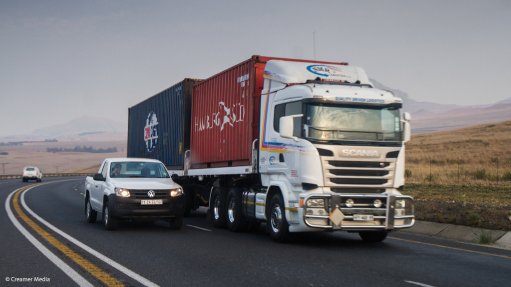
Photo by: Duane Daws
The Continental Free Trade Area (CFTA) and its implications for manufacturing in Southern Africa need to be top of the agenda of businesses operating within the metals and engineering sector, Steel and Engineering Industries Federation of Southern Africa CEO Kaizer Nyatsumba said on Monday.
In a statement issued ahead of the second yearly Southern African Metals and Engineering Indaba, scheduled to take place in Sandton in May, he noted that the CFTA presented many opportunities for African countries to trade among themselves and was paramount in unlocking Africa’s economic growth potential.
Global turbulent economic conditions made it even more necessary for intra-African trade to boost economic growth, create employment and, ultimately, eradicate poverty on the continent.
“Africa is the last frontier for growth, owing to its rich mineral resources. This is evident in the number of international companies conducting exploration and mining activities on the continent,” Nyatsumba said.
He added that mining activities created opportunities in other economic sectors, such as retail and manufacturing. Therefore, it was of critical importance that African countries take full advantage of opportunities presented by the CFTA.
Nyatsumba said that, although intra-African trade had increased over the years, much still had to be done in this regard. According to various research findings, exports by African countries to their peers on the continent have surged by 32% since the 2008 economic downturn, compared with growth of just 5% in exports to the rest of the world.
Nevertheless, in 2011, intra-African trade accounted for only 9% of the continent’s total trade with the world, compared with 25% for Latin America and almost 50% for Asia.
“Infrastructure, red tape and border restrictions are but some of the serious challenges currently halting intra-African trade from thriving. These need to be addressed and ultimately eradicated for trade to thrive,” Nyatsumba added.